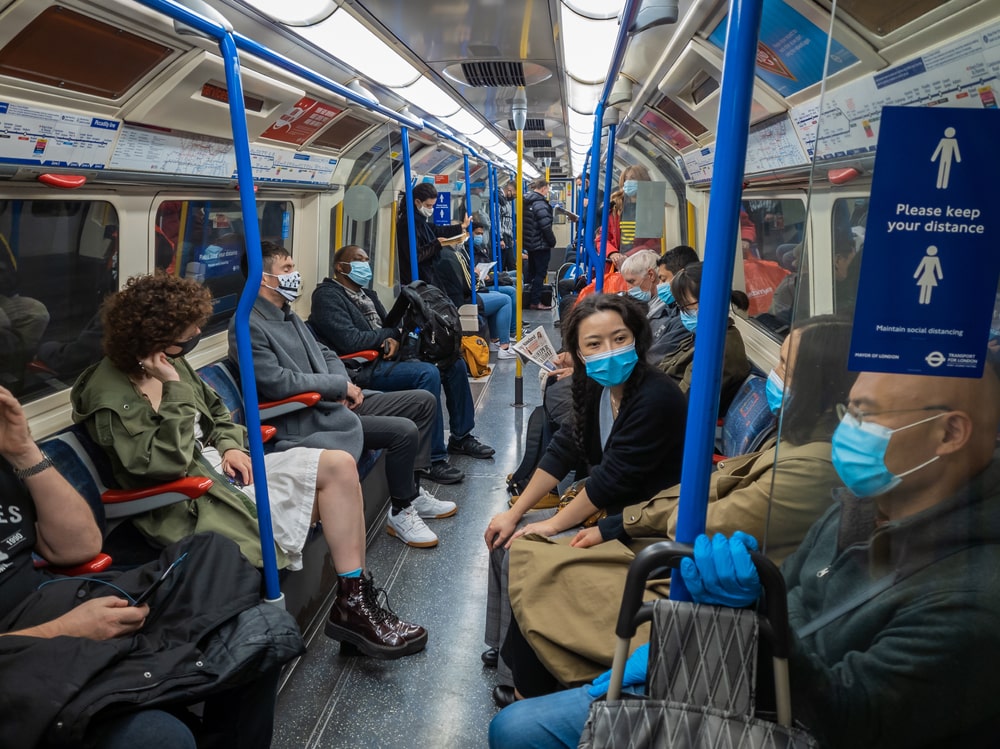New IPPR report argues health is ‘holding back UK economy’

The UK will suffer an £8 billion hit to economic activity this year due to lack of government action to improve the nation’s health, according to a report launching the new cross-party IPPR Health and Prosperity Commission.
The IPPR report published today marks the launch of a new Commission on Health and Prosperity. The report warns that health inequalities and ineffective policies are shortening life expectancy in the UK, coupled with more years spent in poor health.
New analysis by IPPR and health analytics company Lane, Clark & Peacock, reveals that the workforce is also being affected as people face barriers to staying in work.
The IPPR is calling for a ‘new post-pandemic approach’ to the nation’s health to ensure that people can live long healthy lives as well as to strengthen the UK’s suffering economy.
There are now more than a million workers missing from the workforce compared to pre-pandemic levels. About 400,000 of these individuals are no longer working due to health factors, including long Covid, disruption to healthcare and declining mental health. The researchers warn that without intervention, this will drag down economic activity this year by approximately £8 billion.
The report states that the relationship between health and the economy is a decisive factor in the UK’s low productivity, low growth and significant regional inequalities.
According to the report, local level analysis reveals that someone living in North East Lincolnshire can expect to fall into bad health eight years than the UK average, while the output of their work is also valued at £8 less than the average. The report argues that this is a vicious cycle and that factors like lack of job opportunities can harm people’s health.
To explore how good health can be the foundation for a fair and prosperous economy, IPPR is launching a new cross-party Health and Prosperity Commission. The cross-party commission will be chaired by Lord Ara Darzi and former Chief Medical Officer Dame Sally Davies.
The report argues that the UK’s poor health outcomes and stagnant economy are a result of poor policy choices. According to IPPR, policy makers must now ‘set about putting the building blocks of good health in place’, including ‘good work, quality housing, local public health services’ and a ‘well-funded and staffed NHS. ‘
Dame Sally Davies, former Chief Medical Officer and co-chair of the Commission on Health and Prosperity, said: “A fairer country is a healthier one, and a healthier country is a more prosperous one. While the restrictions have eased, the scars of the pandemic still remain deep on the nation’s health and our economy.
“Not only are we facing a severe cost of living crisis, driven in part by pandemic induced inflation, we’re also experiencing a workforce shortage driven by poor health that’s holding back the economy. It has never been more important to put good health at the heart of our society and economy – and our commission will bring forward a plan to do just that.”
Matthew Taylor, NHS Confederation chief executive and commission member said: “The pandemic has shown how deep health inequalities shape and cut across the lives and livelihoods of people across the country.
“Yet this is not new, disparities in health have not suddenly appeared, they have been part of the make-up of our society for decades. As millions of people now face the reality of a cost-of-living crisis there is an urgent need for a much bolder and more strident approach to tackling inequalities to create improved population health and stronger economic wellbeing.
“We are delighted to be part of the Commission on Health and Prosperity and look forward to reflecting member insight. ”